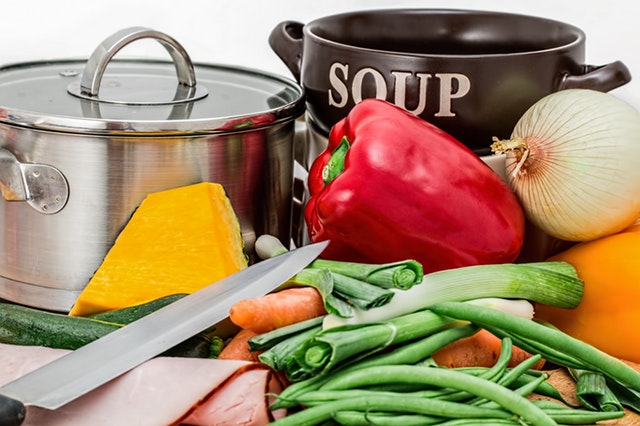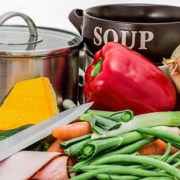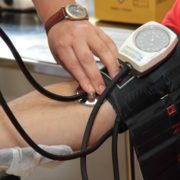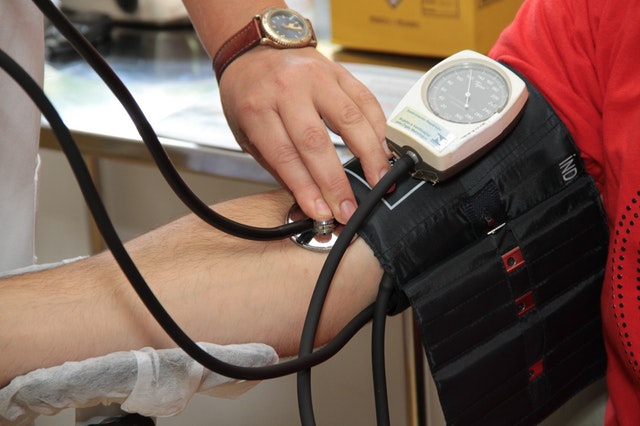Does Homemade Chicken Noodle Soup Really Offer Health Benefits?

With cold and flu season upon us, many of us are stocking our cabinets with over-the-counter meds, fire cider, and other natural remedies. We’re loading up on vitamins, doing everything we can to boost our immune systems and preemptively ward off an attack.
Homemade chicken noodle soup has long been the preferred remedy when battling the symptoms of a cold or flu. While a part of me always believed it was just in my head, a warm bowl of my mom’s chicken noodle soup always helped soothe me, making my temporary illness just a little more bearable. Recent studies reveal that it was NOT just in my head and that chicken noodle soup actually does have real health benefits, helping to speed up the healing process.
Health Benefits of Homemade Chicken Noodle Soup Revealed
- Chicken noodle soup is chock-full of electrolytes. These natural electrolytes help keep you hydrated and have been proven to offer more benefits than commercially sold electrolyte drinks.
- The natural salts, combined with warm liquid and resulting steam, help clear mucous membranes and sooth your nose and throat. According to Dr. Keri Peterson, “All liquid broth soups will speed up the movement of mucous in your nose simply because it’s a hot fluid and that causes dilation of blood vessels which causes increased blood flow and allows the mucous to flush everything out. And that will help alleviate congestion.”
- Bone broth has also proven to have a plethora of other health benefits. It is rich in magnesium, phosphorus, and calcium, as well as glycine, which assists in detoxifying the body. Click here to find out how to make a healthy, vitamin-rich bone broth.
- In addition to the bone broth, the other ingredients regularly found in chicken noodle soup contain antioxidants and nutrients that help fight an infection, reduce inflammation, and boost your immune system. Onions are rich in antioxidants that help remove harmful toxins from your body.
- We all have that one comfort food that lifts our spirits and help move the healing process along. Chicken noodle soup has been proven to provide warmth and that down-home taste that gives us that added boost, physically, psychologically, and emotionally.
While store-bought canned soup can offer some of the same benefits, physicians indicate homemade chicken noodle soup is the healthier option. Canned soup is generally higher in sodium and with many nutrients eliminated during the preserving process. What’s your favorite chicken noodle soup recipe?




